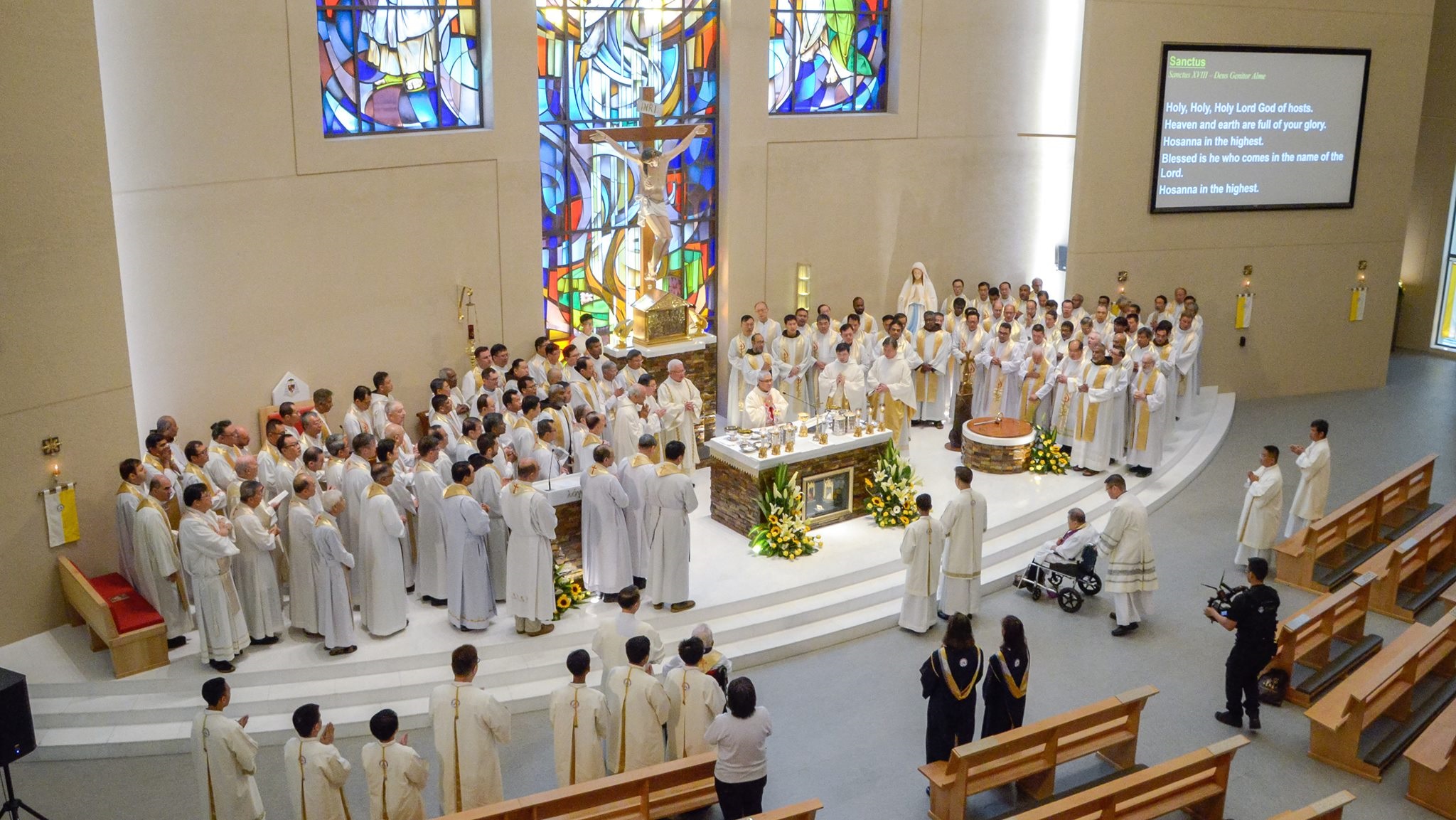Two days after hearing from the Vatican, the Catholic church in Singapore has emerged to explain that despite the Pope's declaration of the death penalty being "inadmissible", that is a position it will not impose on any government.
In an announcement posted on its official website and social media channels, the church added that she respects the responsibilities of state authorities to ensure the protection of those under their care and continue to work with them.
What the Catholic church HQ said
Just for clarity, the Catholic Church is headquartered in Vatican City in Rome, and led by a pope, who took the name Francis.
And on Wednesday, August 1, the Vatican body in charge of the church's doctrine announced that Pope Francis approved a new revision of the Catechism of the Catholic Church (CCC), the official compilation of beliefs for the world’s 1.2 billion Catholics, on death penalty.
The revision says the church would work “with determination” for the abolition of capital punishment worldwide, where the death penalty is described as “an attack” on the “dignity of the person”.
Previously, the Catechism stated that the death penalty could be used in some cases "if this is the only possible way of effectively defending human lives against the unjust aggressor".
S'pore Catholic church's explanation for its Catholics
In its statement, the Archbishop’s Communications Office in Singapore said the recent pronouncement follows the teachings of Pope Saint John Paul II.
In his teachings, the late Pope stated that the ending of the life of a criminal as punishment for a crime is inadmissible because it attacks the dignity of the person.
The Singapore Catholic church explains that it "has always stood for the dignity of human life".
[related_story]
Hence, Pope Francis’ revision of the church teachings on the death penalty is a restatement of the Church’s basic principles, seen in the present-world context.
The Singapore Catholic Church concluded that the revision agrees with and affirms the Church’s position.
However, this stance notwithstanding, the statement stressed the following:
"[S]he does not impose her view on any government. She respects the responsibilities of state authorities to ensure the protection of those under their care and, as in all areas, will continue to work with them to serve the common good."
So what's different now?
In the statement, the church said the death penalty was previously permissible in cases where it would be "the only way to protect society".
However, Pope Francis indicated that there are now better ways to handle hardcore criminals and those deemed a danger to society without having to resort to the death penalty.
Here's the church's statement in full:
The revision of the Catechism of the Catholic Church (CCC #2267) on the death penalty
On 1st August 2018 the Congregation for the Doctrine of the Faith in a Letter to the Bishops announced Pope Francis’ approval of a new revision to the Catechism of the Catholic Church (CCC) paragraph 2267 that opposes use of the death penalty.
This pronouncement which follows ‘the footsteps of the teaching of John Paul II in Evangelium vitæ, affirms that ending the life of a criminal as punishment for a crime is inadmissible because it attacks the dignity of the person.’
The Catholic Church has always stood for the dignity of human life. She has never wavered in her fight for the protection of life, from conception to natural death. Pope Francis’ revision of the CCC concerning the death penalty is a restatement of the Church’s basic principles, seen in the present world context.
Whereas it used to be considered permissible to impose the death penalty in certain cases because that was the only way to protect society, the world has developed since. Pope Francis is saying that there are now better ways to handle hardcore criminals and those deemed a danger to society without having to resort to the death penalty. This stance is a natural development of the Church’s clear and conscious respect for all human life.
This is the Church’s position. However, she does not impose her view on any government. She respects the responsibilities of state authorities to ensure the protection of those under their care and, as in all areas, will continue to work with them to serve the common good.
Related article:
Top photo from Roman Catholic Archdiocese of Singapore Facebook.
If you like what you read, follow us on Facebook, Instagram, Twitter and Telegram to get the latest updates.
